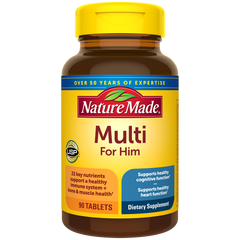Melissa Dorval Pine, RD
Senior Manager, Medical and Scientific Communications
Melissa is a Registered Dietitian and provides leadership to Pharmavite’s Medical and Scientific Education team. She has over 20 years of experience educating consumers, healthcare professionals, retailers and employees about nutrition, dietary supplements, and overall wellness. Prior to joining the Medical and Scientific Communications team, Melissa launched and managed Pharmavite’s Consumer Affairs department and worked as a clinical dietitian throughout Southern California. Melissa received her Bachelor of Science degree in Nutritional Sciences from the University of Arizona in Tucson, Arizona, and completed her dietetic internship at Veteran’s Hospital in East Orange New Jersey.
Read More
about Melissa Dorval Pine, RD




 Beauty
Beauty
 Bone
Bone
.svg?v=1708553623743) Brain
Brain
 Gut Health
Gut Health
 Energy
Energy
 Eye Health
Eye Health
 General Wellness
General Wellness
 Immune Health
Immune Health
 Joints
Joints
 Kids
Kids
 Men's Health
Men's Health
 Mood
Mood
 Prenatal & Postnatal
Prenatal & Postnatal
 Sleep
Sleep
 Stress
Stress
 Women's Health
Women's Health


















